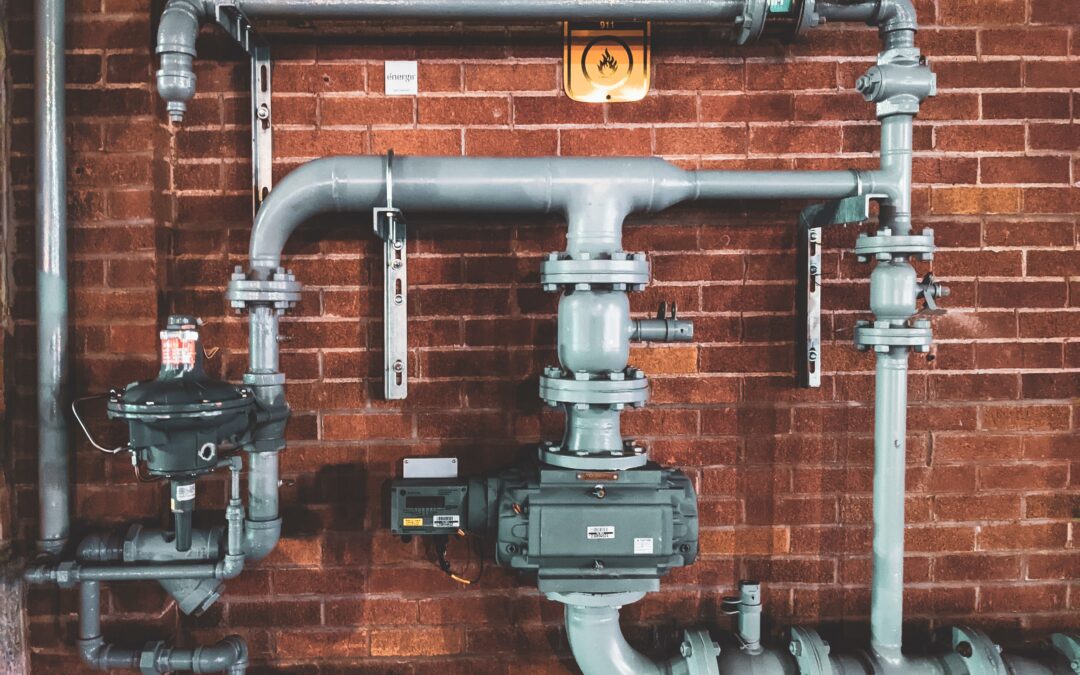Auto Fill Mini Float Valve 1/2 - float valve
3/4 gate valverepair Kit
In this blog post, we will look further into what a tempering valve is, explain what happens when a valve fails, and discuss possible solutions that don’t always involve a whole new hot water system.
You can expect us to go the extra mile to ensure your tempering valve works as it should avoid scalding when using hot water. Contact us at (02) 6288 9929.
WattsRepairParts PRICE LIST
A tempering valve regulates the temperature of heated water, but when it fails, it can cause drastic temperature changes that lead to a range of issues.
Watts Backflow parts
In contrast, a thermostatic mixing valve mixes cold and hot water to maintain a constant temperature for hot water fixtures such as showers and baths. The mixing valve relies on a thermal actuator to monitor the temperature of the water coming from both sources and adjusts the amount to maintain a set temperature.
Over time, your tempering valve will age, compromising its precision, especially if you need a hot water system replacement. A sure sign you need a new tempering valve installed is when the temperature fluctuates when showering, e.g. it’s warm one minute and cold the next.
It’s not usual for your warm shower to suddenly blast cool and hot water before returning to a steady temperature. The temperature-sensitive element of your hot water tempering valves no longer retain the constant outlet temperature and requires a new TMV installed.
Canberra Plumbing and Drains A:82 Kalgoorlie Cres, Fisher ACT 2611 P: (02) 6288 9929 Lic: ACT 2024605 Lic: NSW 194945C ABN: 55 602 313 566
Watts lf009m3qtRepair Kit
A tempering valve is essential to hot water systems, as it regulates the water temperature to ensure safety and comfort. Installing a tempering valve ensures mixing hot water with cold flows at an optimum temperature, usually between 45°C and 50°C.
If you’ve noticed that your hot tap is dripping, don’t ignore it; you’re likely to experience more damage the longer you wait to fix it.
A tempering valve prevents accidental scalding by allowing adjustments to the heat flow from a hot water tap, showers and other fixtures. These valves are ideal in areas where young children and high-risk persons may be present, such as bathrooms, kitchens, swimming pools, or nursing homes for the elderly.
BackflowRepairparts
If you need to locate your tempering valves, they are found outside the hot water system between the cold and hot water lines. The cold and hot water supply travels to the tempering valve to mix together, providing water at a safe temperature to your laundry, kitchen and bathroom taps.
It is essential to have your tempering valve checked regularly. Ask Canberra Plumbing & Drains for an inspection, and you can rest assured that you are safe. Our team of plumbers have extensive experience and knowledge, and their approach to customer service is second-to-none.
Tempering valves are also frequently installed in industrial or medical settings where there is a greater risk of scalds or burns due to high temperatures, ensuring safer levels of hot water.
Aside from being frustrating, low hot water pressure is a sign that your hot water system or tempering valve works less efficiently than they have previously. Tempering valves become clogged with mineral deposits and other contaminants, along with corrosion and wear from age.
As an essential component of your hot water unit, knowing the signs that may indicate your tempering valve needs repair or wider hot water system replacements can help prevent further damage or harm. Here are some common signs you have hot water tempering valve failure:
As a result, tempered water is no longer being delivered throughout the home, creating an uncomfortable and potentially dangerous situation for both occupants and your equipment.
When your hot water goes to the opposite extreme and loses its temperature instantly, it’s a sure sign you are experiencing major valve failure. Cold water may seem like a safe temperature, but it can leave severe burns on your body by freezing skin cells and reducing blood flow.
AMES backflow parts
Like many other plumbing issues, we offer services to ensure problems like those associated with your hot water system do not worsen. We recommend a regular, yearly inspection to avoid any serious issues from occurring and prolong the lifespan of your tempering valves.
Not only does it waste water and drive up your utility bills, but it can also lead to water damage within your walls or floors if the droplets penetrate through them. Additionally, the dripping noise from a leaking tap can be distracting and stress your plumbing system over time due to increased wear and tear.

While it could mean you simply need a washer change, it can also be the tempering valve for your hot and cold water. When there is a dripping issue related to the valve, it usually indicates that the ball-type mechanism has become unseated or completely dislodged and needs repairing by a team offering services that meet the plumbing codes of Australia.
A thermostatic mixing valve and a tempering valve are often mistaken for each other. Each combines hot and cold for an optimum water temperature; however, they differ considerably.
As mentioned, a tempering valve reduces scalding risks by creating a maximum delivery temperature, and lowering hot water temperatures to safe levels before supplying it to faucets or shower heads. They use a flow control mechanism that regulates how much cooler and hot water is mixed together, thus creating an output at a lower but consistent temperature range acceptable for human contact.
Not only are tempering valves recommended, it is regulated. If you’re considering having a new hot water system installed, and your new hot water heater doesn’t include the installation of a tempering valve, it unfortunately will not comply with Australian Standards.
While cooled water could be a sign of other plumbing concerns, such as replacing the gas bottle or a fuse that has tripped, often it’s related to the hot water tempering valve and needs repair or replacement.
As we often discuss, strange noises coming from any of your plumbing are a cause for concern. Rumbling noises indicate a broken valve or a build-up of sediment. It’s best to get any noises checked quickly before the problem becomes worse.




 8615510865705
8615510865705 
 8615510865705
8615510865705